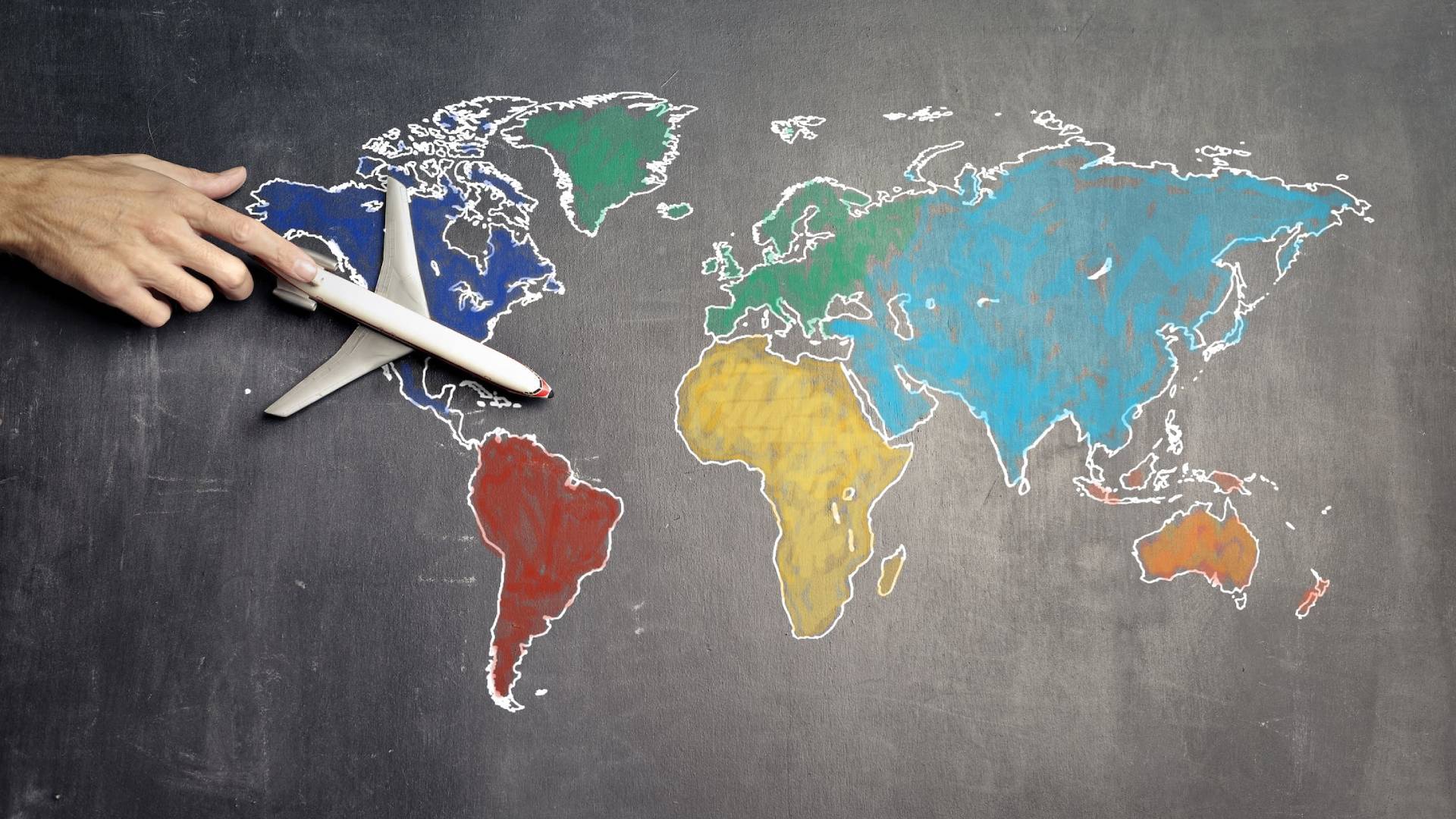Artificial intelligence (AI) and machine learning (ML) have become popular buzzwords in recent years, but their potential applications are much broader than what we often hear about in the news. While many focus on the potential for AI and ML to revolutionize industries like healthcare and finance, these technologies can also be leveraged to create positive social impact around the world. Here are a few ways machine learning is being used for social good:
- Disaster Response and Recovery: Natural disasters like hurricanes, earthquakes, and floods can be devastating, and it’s important to respond quickly to minimize harm. Machine learning can help in this process by analyzing satellite imagery to identify areas of damage and prioritize the most pressing needs for recovery efforts. This technology can also predict where future disasters are most likely to occur, allowing for preemptive action and better preparation.
- Environmental Protection: Climate change is one of the most pressing issues facing our planet, and machine learning can play a key role in monitoring and mitigating its effects. ML algorithms can analyze data from satellites, drones, and ground sensors to provide detailed information on everything from deforestation and land use to air and water pollution. This information can be used to make informed policy decisions and to identify areas that need immediate attention to protect the environment.
- Humanitarian Aid: In many parts of the world, access to basic necessities like food, water, and medical care is limited. Machine learning can be used to optimize the distribution of aid to those in need by predicting where supplies are most needed and how best to deliver them. This technology can also help track the spread of diseases and identify high-risk populations, allowing for more targeted and effective responses.
- Education: Machine learning can help improve access to education around the world by providing personalized learning experiences tailored to each student’s needs. ML algorithms can analyze student performance data to identify areas of weakness and provide targeted interventions. This technology can also be used to create more effective and engaging educational content, making learning more accessible and enjoyable for all.
- Criminal Justice: Bias in the criminal justice system has been a longstanding issue, and machine learning can help address this by removing human subjectivity from decision-making. ML algorithms can analyze large amounts of data to identify patterns of bias and inform policies that reduce discrimination. This technology can also help predict which offenders are most likely to re-offend, allowing for better allocation of resources for rehabilitation and reducing recidivism rates.
In conclusion, machine learning has the potential to make a significant impact on some of the world’s most pressing social issues. By leveraging the power of AI for social good, we can work towards creating a more equitable and just world.





